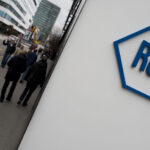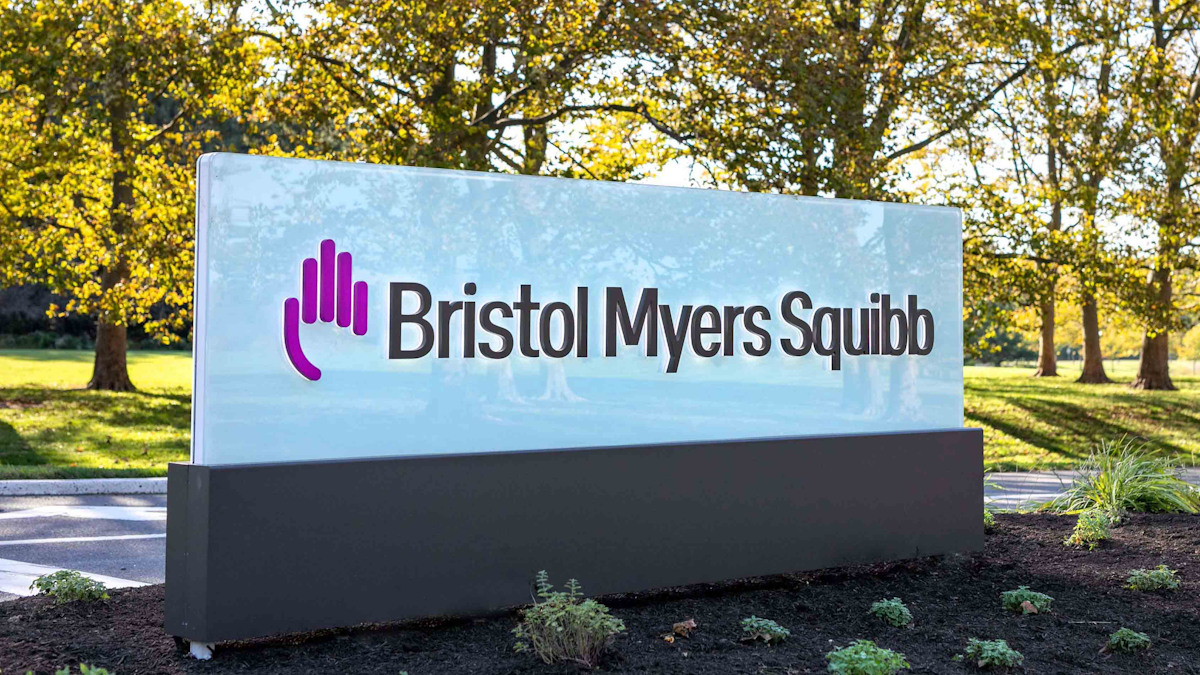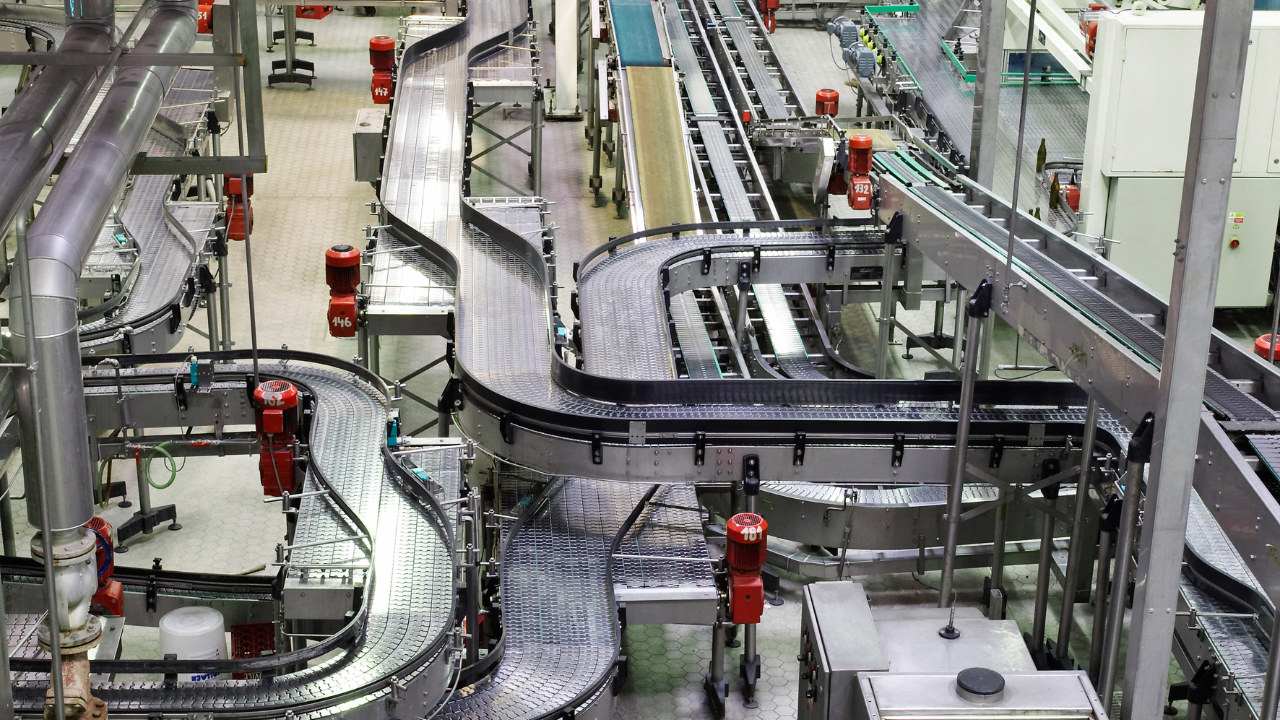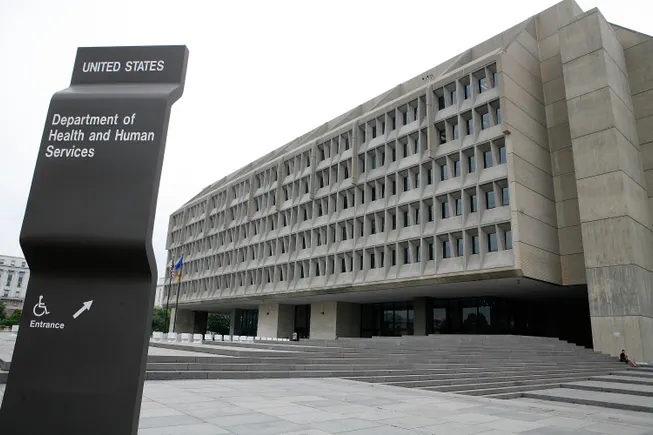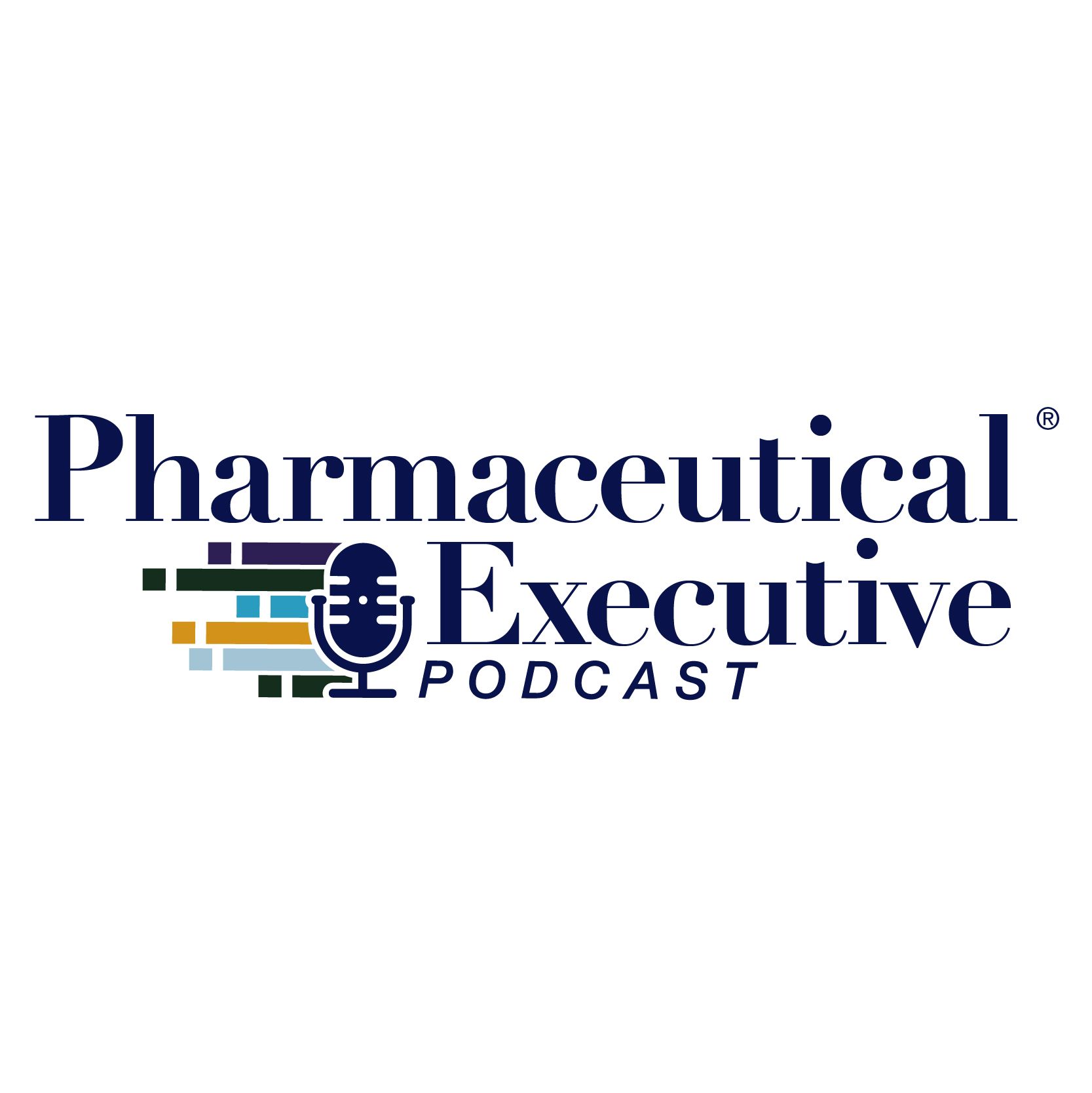
Bristol Myers Squibb has ended the week with an agreement to buy Orbital Therapeutics – a developer of in vivo cell therapies – for $1.5 billion in cash.
Cambridge, Massachusetts-based Orbital is developing RNA medicines that can ‘reprogramme’ immune cells in the body and direct them to treat diseases. Its pipeline is headed by OTX-201, an in vivo CAR-T therapy being developed for autoimmune diseases.
The takeover deal is the second acquisition by a big pharma group of a smaller in vivo cell therapy player in recent months, coming after Gilead Sciences bought Interius for $350 million in the summer, and marks the rising interest in the industry in cell-based therapies that don’t involve harvesting, modifying, and cultivating patients’ own cells.
BMS said the acquisition of Orbital will “strengthen and diversify” its cell therapy portfolio, which includes two marketed ex vivo CAR-T therapies, namely Abecma (idecabtagene vicleucel) for multiple myeloma and Breyanzi (lisocabtagene maraleucel) for various forms of lymphoma and leukaemia.
Orbital’s approach to cell therapy involves using off-the-shelf RNA drugs delivered using lipid nanoparticles (LNPs) – targeting CD19 in the case of OTX-201 – which stimulate the immune system to make CAR-T cells in the body.
The technology also sidesteps another issue with ex vivo CAR-T treatment, the need for patients to undergo aggressive lymphodepletion therapy to destroy their bone marrow before treatment.
OTX-201 is still in preclinical development, but is scheduled to start clinical testing next year in B cell-driven autoimmune diseases, with the goal of depleting autoreactive B-cells and resetting the immune system.
If the deal goes through as planned, BMS will gain control of Orbital’s proprietary discovery platform, which spans circular and linear RNA medicines, the LNP delivery system, and an AI-powered drug design system.
“In vivo CAR-T represents a novel treatment approach that could redefine how we treat autoimmune diseases,” commented Robert Plenge, BMS’ chief research officer. “This acquisition enhances our robust cell therapy research platform and provides an opportunity to advance a potential best-in-class therapy.”
First launched in 2022 with seed funding from ARCH Venture Partners, a16z Bio+Health, and Newpath Partners, Orbital raised an impressive $270 million in first-round financing in 2023.
The company presented non-human primate data with OTX-201 in July, showing that the therapy achieved B-cell depletion in blood, spleen, and lymph nodes, which is required for an effective immune system reset in autoimmune disease.





